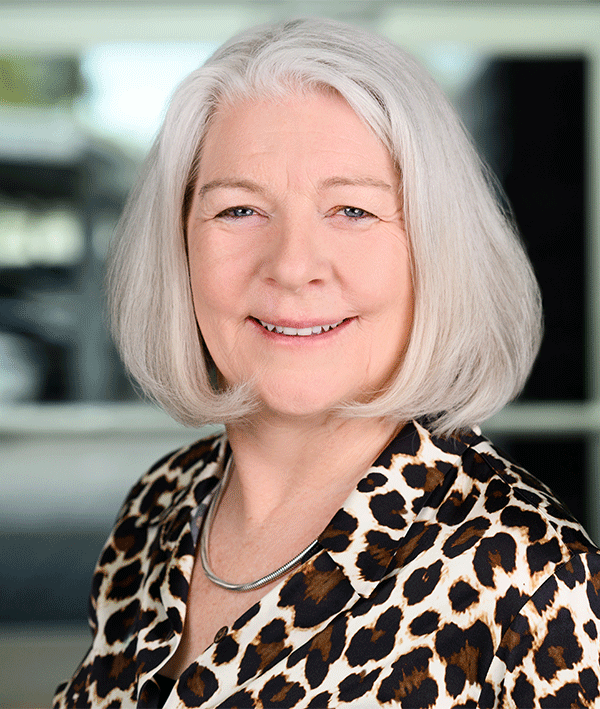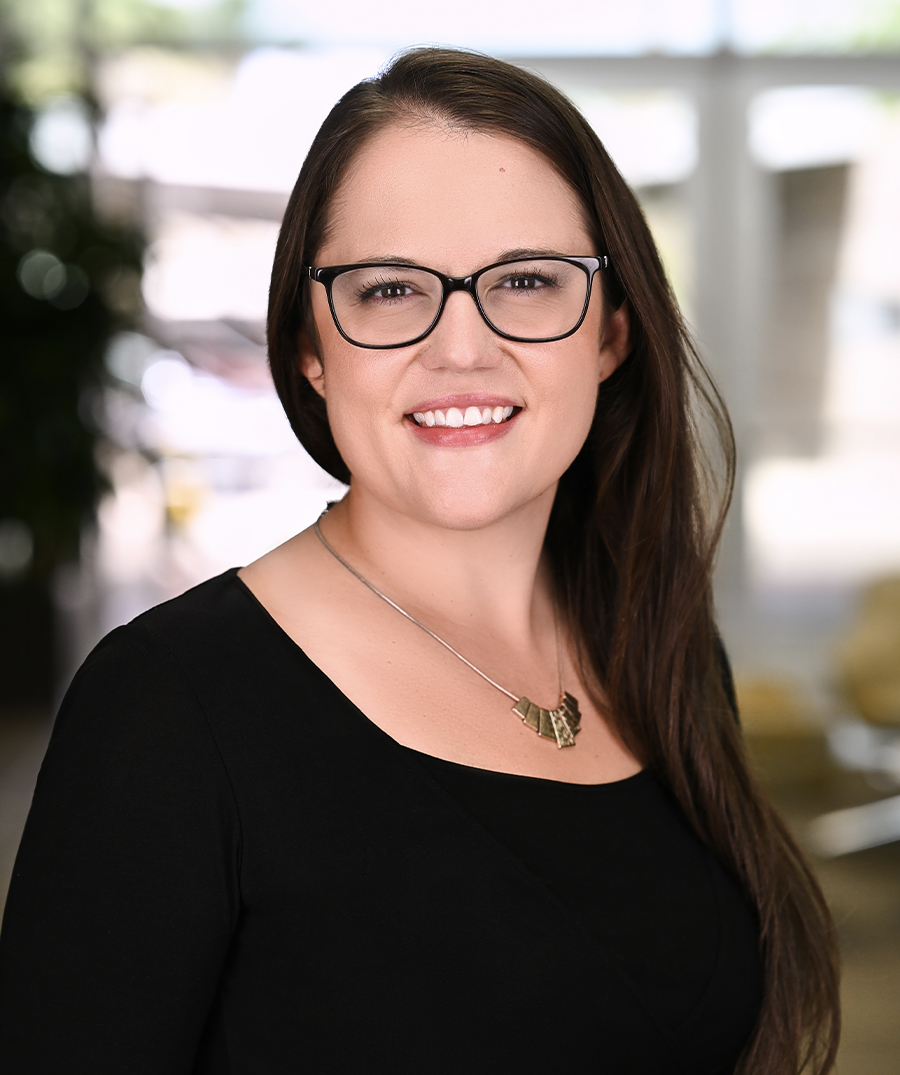Bioscience
NSF renews Centers for Nanotechnology in Society
The National Science Foundation (NSF) recently renewed two important cooperative agreements totaling more than $12.5 million over five years. These awards leverage previous investments for studying the ethical, legal, economic and policy implications of the relatively new, nature-altering science called nanotechnology.
The Center for Nanotechnology in Society at Arizona State University received $6,507,000 over a five year renewal, while the Center for Nanotechnology in Society at University of California, Santa Barbara received $6,076,000 for the same time period.
Nanotechnology allows researchers and manufacturers to controll matter on an atomic and molecular scale. Societal benefits of using the science to create new materials, devices for medicine, electronics and energy production could be transformative. But creating such things through molecular manipulation raises health and safety risks as well as ethical and legal questions.



